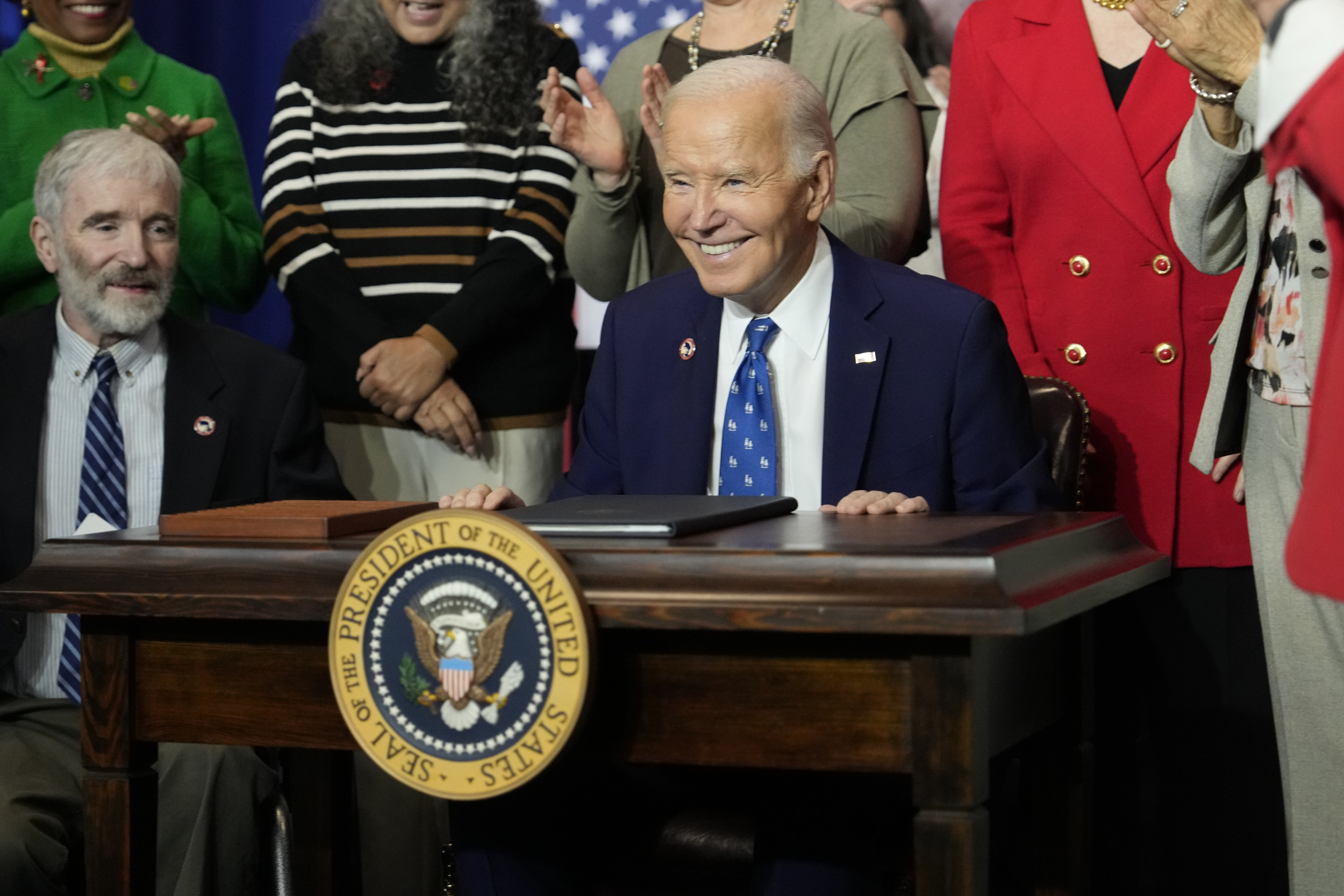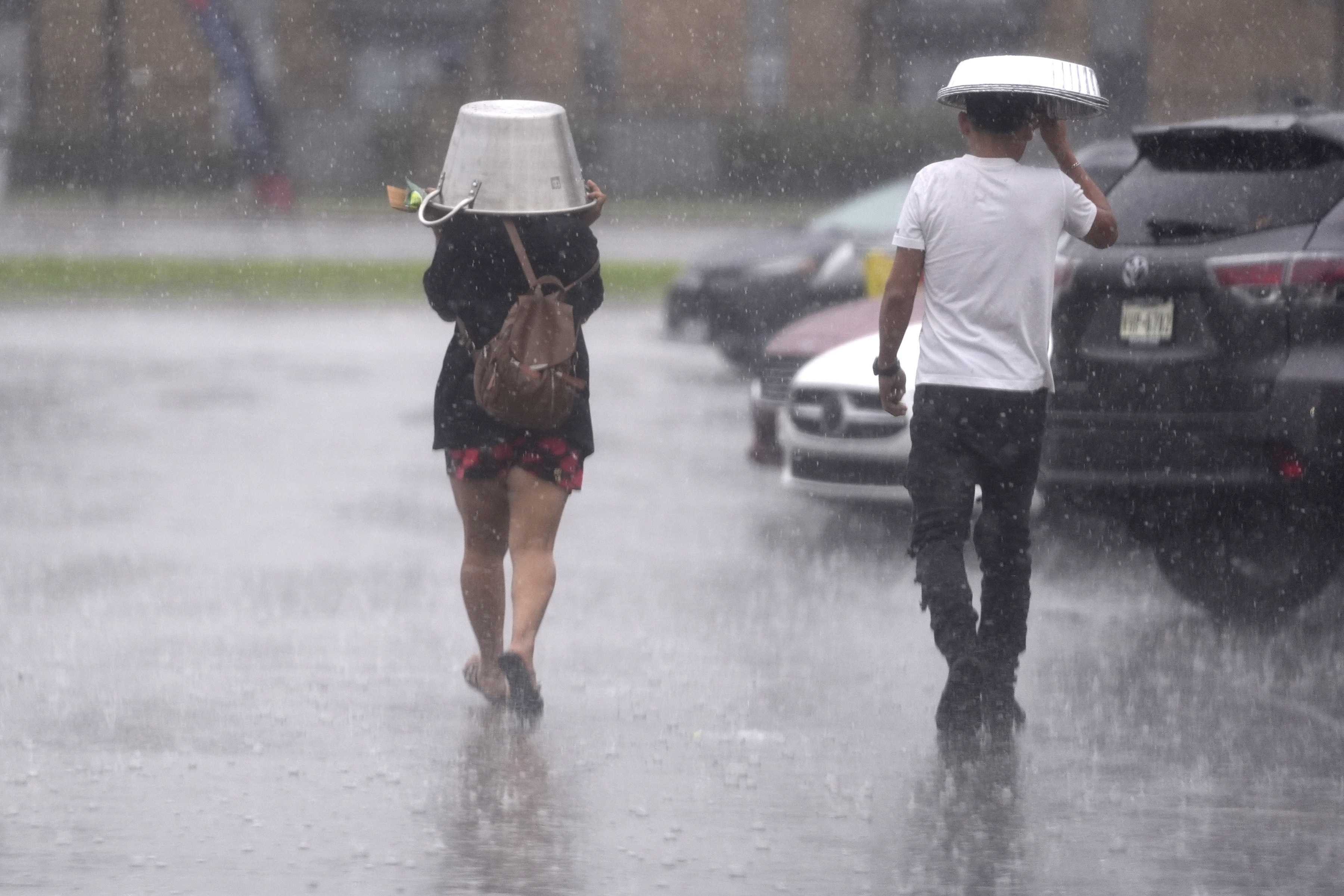What's New
Home prices could drop by as much as 15 percent next year in three Florida metropolitan areas considered at "very high risk" of experiencing a downturn, according to a recent report by real estate investment firm Norada.
Gainesville, Palm Bay-Melbourne-Titusville (what's known as the Space Coast), and Lakeland-Winter Haven could experience temporary declines of 10 percent to 15 percent throughout 2025, the firm predicts. A combination of economic, demographic and climate factors make them more vulnerable than other metros in the Sunshine State to price declines.
Newsweek contacted Norada for comment by email on Tuesday morning.
Why It Matters
Florida was one of the hottest housing markets during the pandemic, as the rise of remote work pushed many workers to move from expensive cities in states such as California and New York to the Sunshine State, attracted by good weather, a decent quality of life, and cheaper prices.

But as Florida is increasingly getting battered by extreme weather events and demand has cooled down since the pandemic, activity in the state's housing market has significantly slowed down, with inventory climbing, demand dwindling and prices dropping in many metros.
The ongoing insurance crisis in the state, combined with rising homeowners association (HOA) fees and soaring property taxes, is contributing to the instability of the market.
What To Know
Norada experts say that Florida's housing market is unlikely to crash in the next two years, even as they expect some areas to fare badly throughout 2025 and 2026.
The university town of Gainesville, which experienced overvaluation in recent years, is likely to be negatively affected by changes in the way students approach studying, specifically remote learning, as well as potential drops in student enrollment, the real estate investment firm wrote.
The Space Coast, on the other hand, could be hit by budget cuts in any of the industries it closely linked to—aerospace and defense—and it is vulnerable to climate change and soaring insurance costs. The metro's overheated market also experienced speculative buying that the firm finds concerning.
Lakeland-Winter Haven experienced a rapid price appreciation that hasn't kept up with local wage growth, Norada writes. The metro area's dependence on tourism and service industries also make it more vulnerable to experience a downturn, as well as investors unloading properties and increasing inventories.
The probability of price declines in these areas exceeds 70 percent.
What People Are Saying
Norada experts say: "With its sunny beaches, vibrant cities, and booming tourism industry, the real estate market in the Sunshine State has seen significant growth over the years. However, with any market experiencing rapid growth, there comes the question of sustainability and the potential for a downturn."
What's Next
Despite the gloomy predictions for Gainesville, Palm Bay-Melbourne-Titusville, and Lakeland-Winter Haven, Norada expects the Sunshine State's housing market, in general, to become more stable in 2025, with home appreciation cooling down but continuing at a slower, healthy pace in 2026.
"The current Florida housing market trends point toward a continued period of adjustment," the firm wrote in its report. "While some areas face challenges, others remain resilient."
By 2026, Norada experts expect to see home appreciation rise back to annual levels of 3 percent to 5 percent. "This growth will be underpinned by the state's strong demographic trends and economic fundamentals," the firm wrote.




















 English (US) ·
English (US) ·